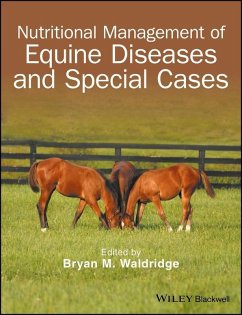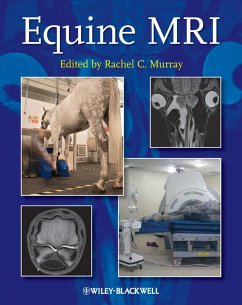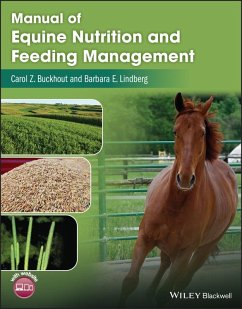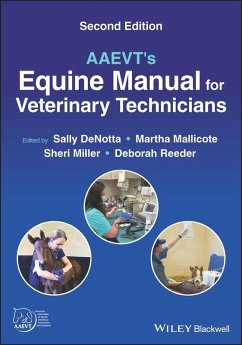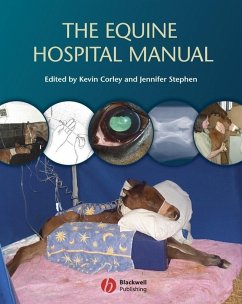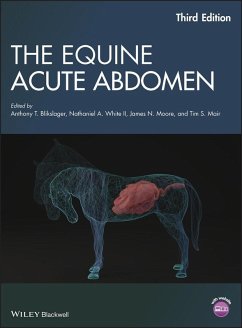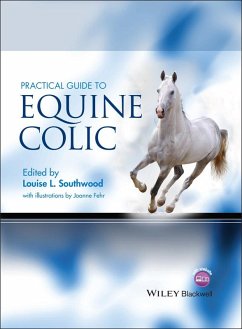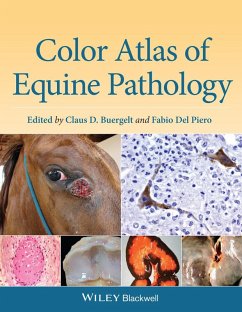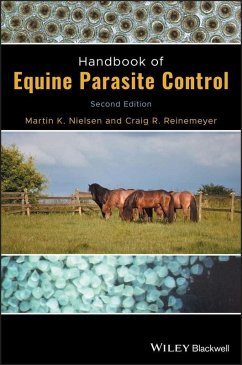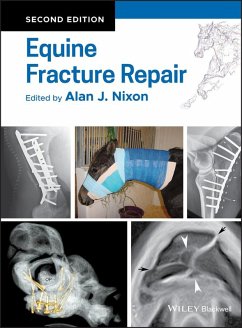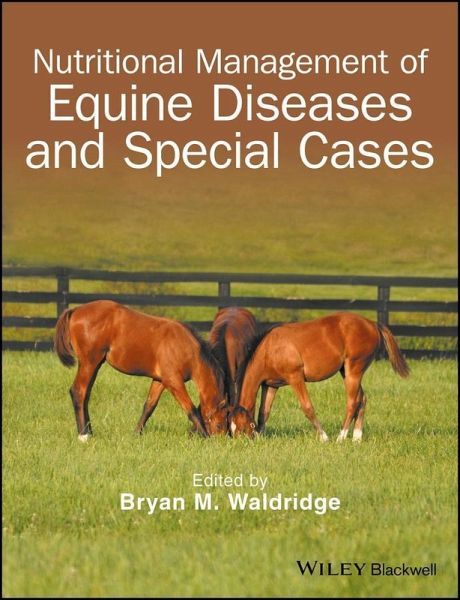
Nutritional Management of Equine Diseases and Special Cases (eBook, PDF)
Versandkostenfrei!
Sofort per Download lieferbar
91,99 €
inkl. MwSt.
Weitere Ausgaben:

PAYBACK Punkte
0 °P sammeln!
Nutritional Management of Equine Diseases and Special Cases offers a concise, easy-to-comprehend text for equine veterinarians with questions about commonly encountered nutritional problems. Assists veterinarians in supporting equine patients with special nutritional needs Focuses on nutritional problems and impact on different body systems Covers ponies, miniature horses, draft horses, donkeys, and mules Offers complete coverage of common diseases and problems helped by nutrition Includes useful chapters on poisonous plants and mycotoxins
Nutritional Management of Equine Diseases and Special Cases offers a concise, easy-to-comprehend text for equine veterinarians with questions about commonly encountered nutritional problems.
- Assists veterinarians in supporting equine patients with special nutritional needs
- Focuses on nutritional problems and impact on different body systems
- Covers ponies, miniature horses, draft horses, donkeys, and mules
- Offers complete coverage of common diseases and problems helped by nutrition
- Includes useful chapters on poisonous plants and mycotoxins
Dieser Download kann aus rechtlichen Gründen nur mit Rechnungsadresse in D ausgeliefert werden.




